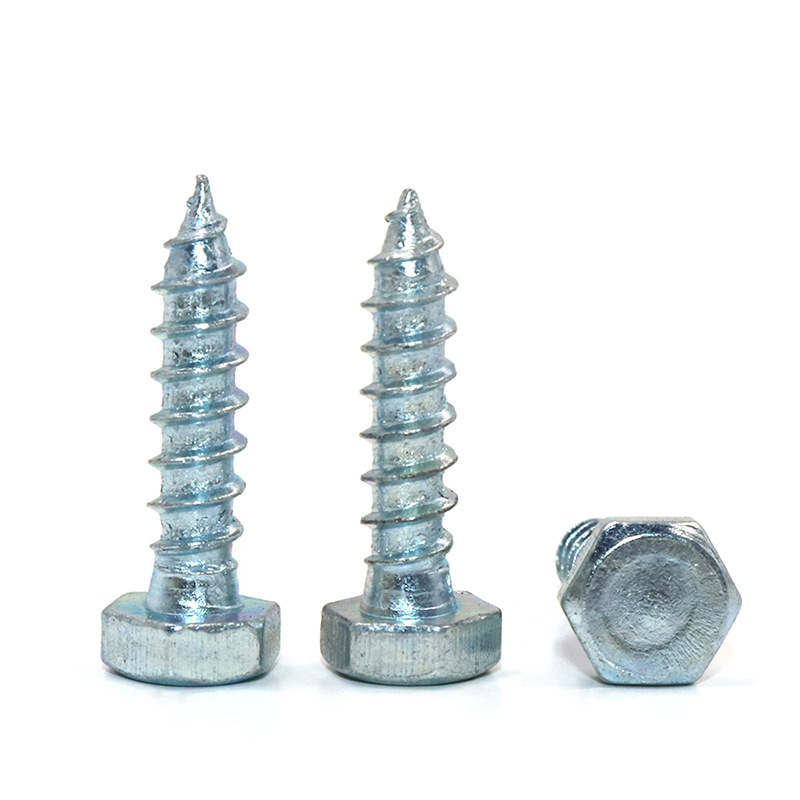

Buying Guide for M12 Flange Nuts and Their Applications in Various Projects
Août . 15, 2024 19:27 Back to list
Buying Guide for M12 Flange Nuts and Their Applications in Various Projects
Understanding M12 Flange Nuts A Comprehensive Overview
In the world of fasteners, the M12 flange nut is a crucial component that plays a significant role in various engineering and manufacturing applications. This particular type of nut is designed to provide a secure and stable fastening solution, making it a popular choice in construction, automotive, and machinery sectors. In this article, we will explore the features, benefits, applications, and installation considerations of M12 flange nuts.
What is an M12 Flange Nut?
An M12 flange nut is a hexagonal nut with a wide and integrated flange at one end. The 'M12' designation indicates that the nut is designed to fit metric bolts with a nominal diameter of 12 millimeters. The flange serves as a built-in washer that distributes the load evenly across the surface of the assembly, reducing the risk of deformation or damage to the materials being joined.
Key Features
1. Material M12 flange nuts are commonly made from various materials, including carbon steel, stainless steel, and alloy steel. The choice of material is crucial, as it determines the nut's strength, corrosion resistance, and durability.
2. Flange Design The flange provides increased bearing surface area, helping to prevent loosening due to vibration. This feature is particularly beneficial in applications subjected to dynamic loads.
3. Threading The internal threading of an M12 flange nut is designed to match standard M12 bolts, ensuring a tight fit and reliable engagement.
4. Finish M12 flange nuts can come with various surface finishes, such as zinc plating, hot-dip galvanizing, or even black oxide. These finishes not only improve aesthetics but also provide added protection against corrosion.
Advantages of M12 Flange Nuts
1. Load Distribution The flange design effectively spreads the load over a larger area, reducing stress concentrations and enhancing the overall stability of the joint.
m12 flange nut

2. Vibration Resistance One of the significant advantages of flange nuts is their ability to resist loosening due to vibrations. This makes them ideal for use in automotive engines, machinery, and other high-vibration applications.
3. Ease of Installation M12 flange nuts are easy to install and can often be tightened without a washer, streamlining the assembly process and saving time.
4. Versatility These nuts can be used in a wide range of applications, including construction, automotive, HVAC systems, and more. Their adaptability makes them a go-to choice for many engineers and designers.
Applications
M12 flange nuts have a variety of applications across different industries
- Automotive In vehicles, M12 flange nuts are commonly used to fasten various components, such as engine parts, chassis, and suspension systems. - Construction In building projects, these nuts are used to secure structural elements, providing stability and strength to the framework. - Machinery Industrial machines often employ M12 flange nuts for assembly, helping to maintain operational integrity under demanding conditions.
Installation Considerations
When installing M12 flange nuts, it’s essential to follow best practices to ensure a secure fit. The following tips can enhance the efficacy of the installation
1. Proper Torque Always use a torque wrench to achieve the manufacturer’s specified torque settings, preventing under-tightening or over-tightening. 2. Clean Surfaces Ensure that the surfaces being joined are clean and free of debris, which can affect the performance of the nut.
3. Check for Compatibility Ensure that the flange nut is compatible with the M12 bolt and any additional components in the assembly.
In conclusion, the M12 flange nut is an indispensable fastener in multiple industries, offering a blend of strength, ease of use, and vibration resistance. Understanding its features, advantages, and best practices facilitates the effective application in various settings, contributing to the safety and longevity of engineered systems. As technology advances, the role of flange nuts will continue to evolve, promising innovative solutions for new challenges in fastening technology.
Latest news
-
Premium Self Tapping Metal Screws: Strong & Easy Install
NewsAug.02,2025
-
Premium Fasteners Manufacturer | AI-Driven Solutions
NewsAug.01,2025
-
Hot Dip Galvanized Bolts - Hebei Longze | High Strength, Corrosion Resistance
NewsAug.01,2025
-
High-Strength Hot Dip Galvanized Bolts - LongZe | Corrosion Resistance, Custom Sizes
NewsAug.01,2025
-
Best Self Tapping Screws for Drywall - Fast & Secure Installation
NewsJul.31,2025
-
High-Strength Hot Dip Galvanized Bolts-Hebei Longze|Corrosion Resistance&Customization
NewsJul.31,2025

